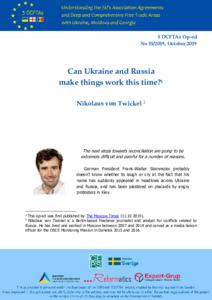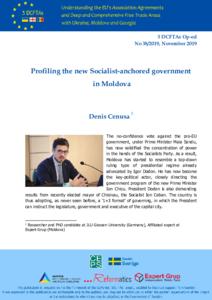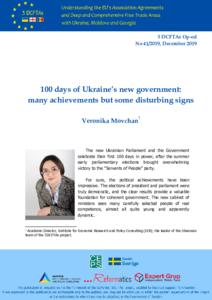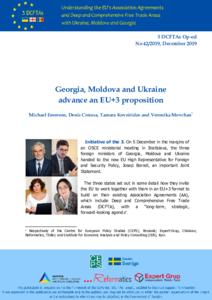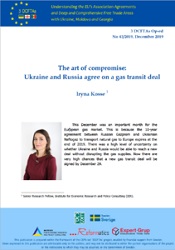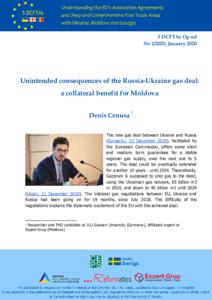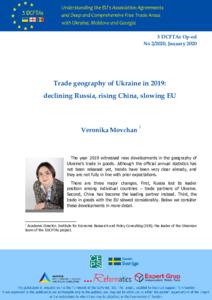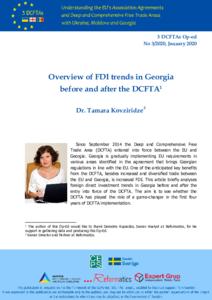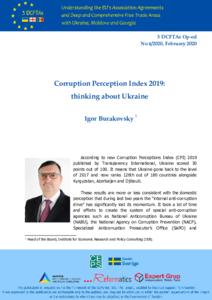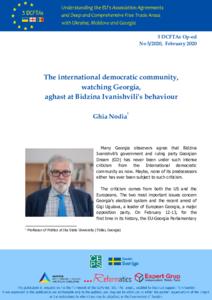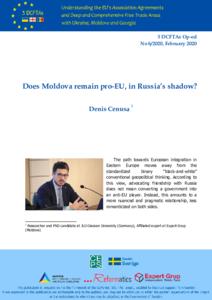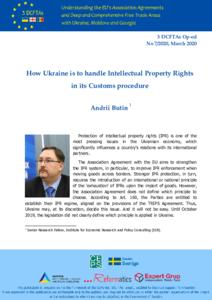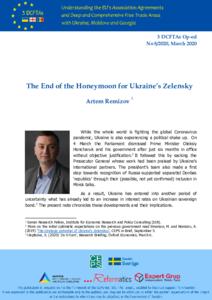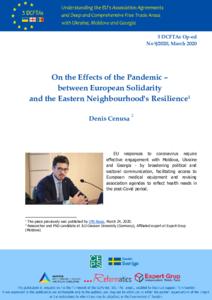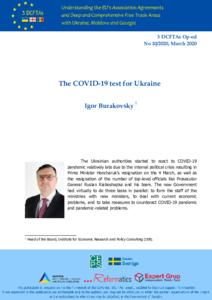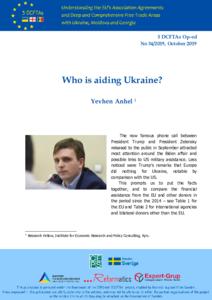
Who is aiding Ukraine?
Who is aiding Ukraine?
Keywords: Russian aggression against Ukraine;
The now famous phone call between President Trump and President Zelensky released to the public in September attracted most attention around the Biden affair and possible links to US military assistance. Less noticed were Trump’s remarks that Europe did nothing for Ukraine, notable by comparison with the US. This prompts us to put the facts together, and to compare the financial assistance from the EU and other donors in the period since the 2014 – see Table 1 for the EU and Table 2 for international agencies and bilateral donors other than the EU.
More...
